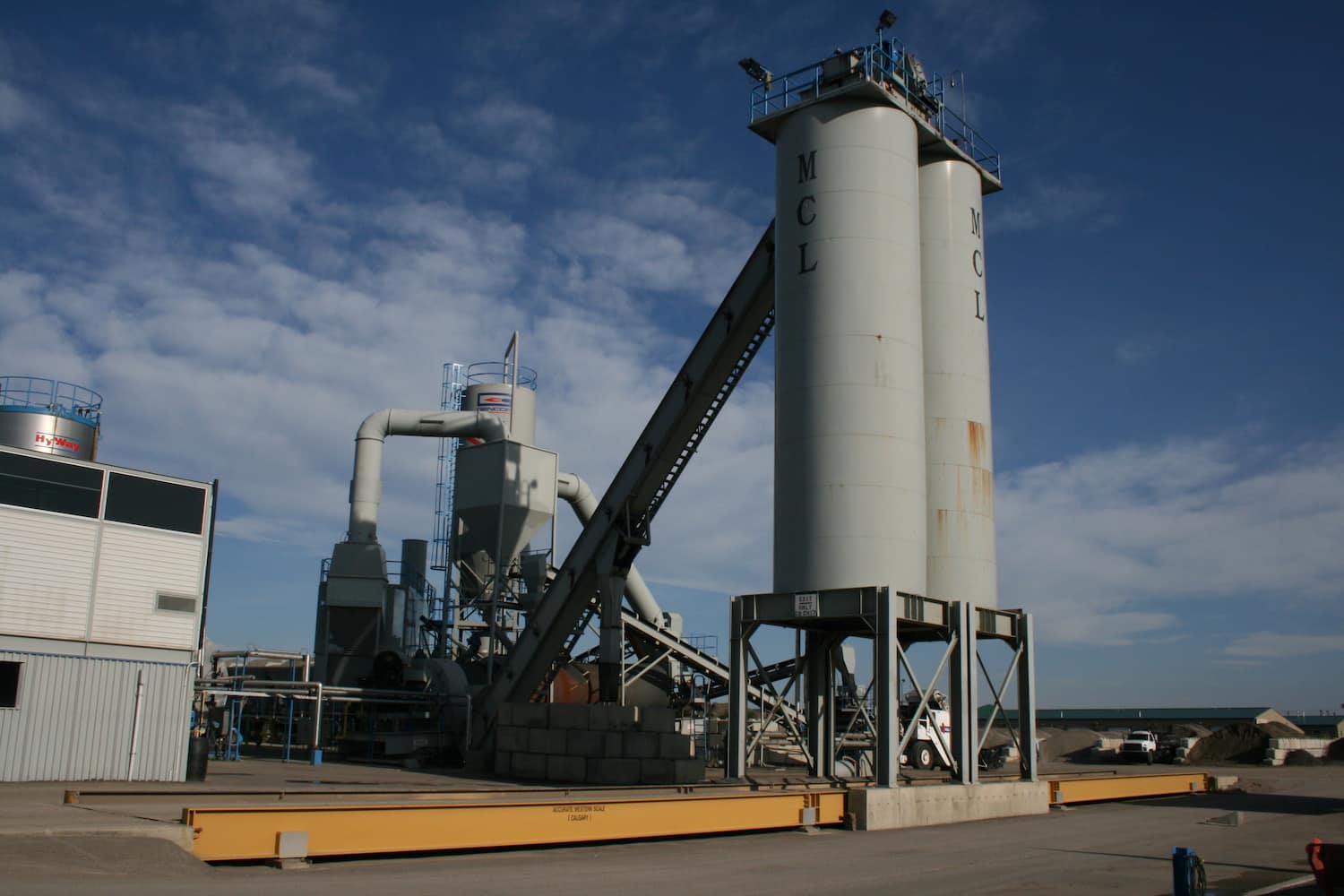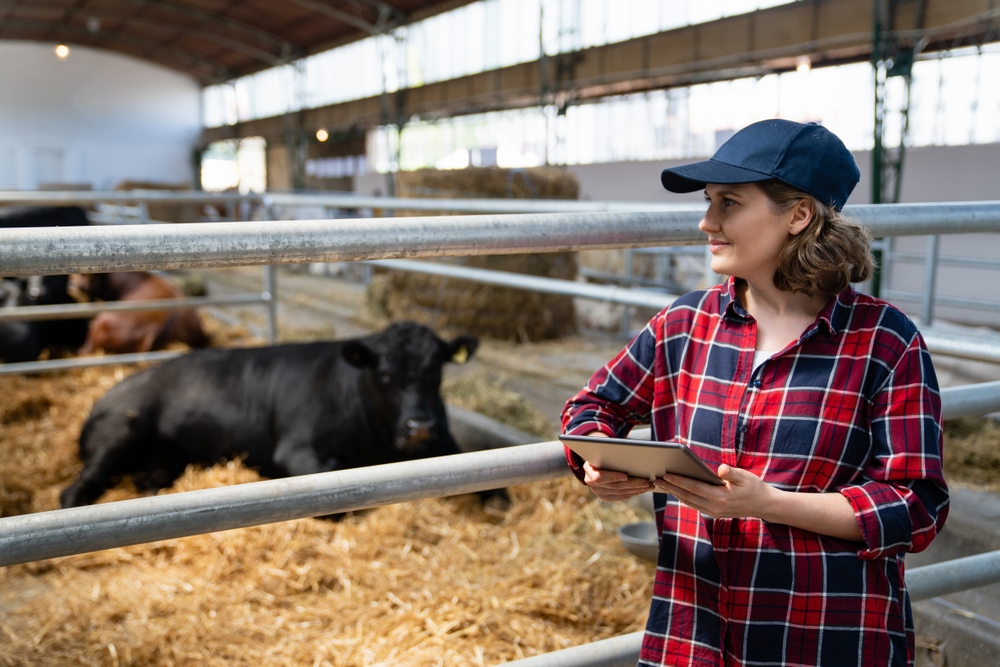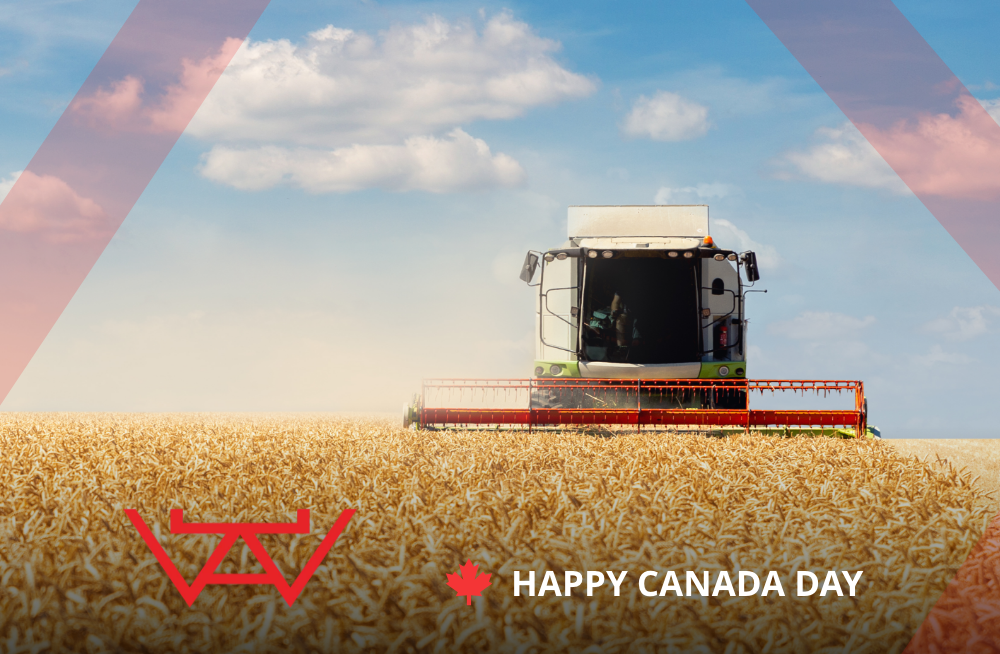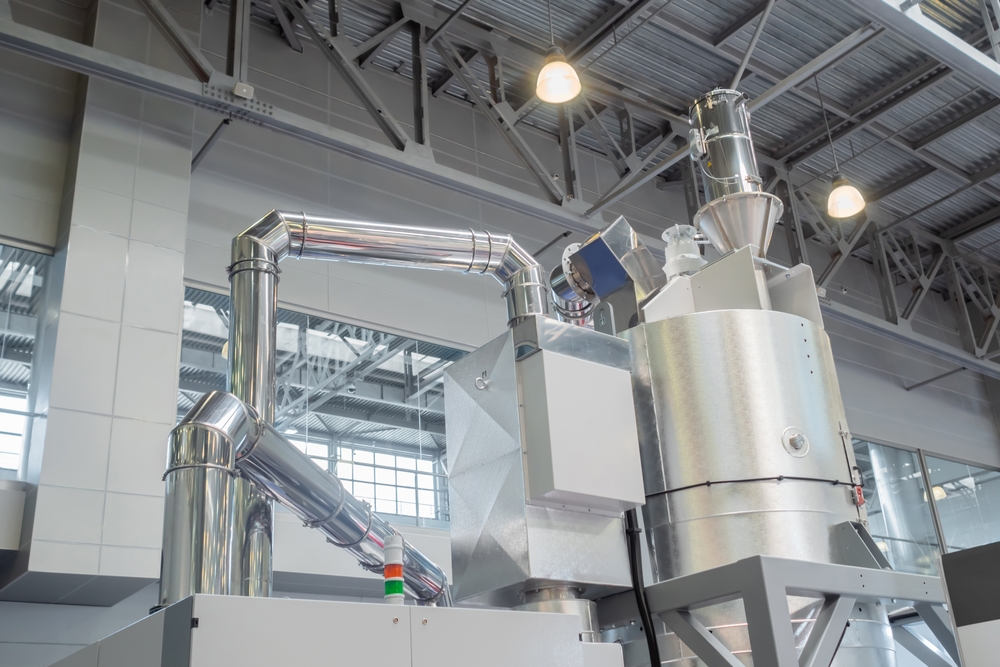Hopper scales weigh commodities stored in large containers. Like any industrial scale, hopper scales must repeatedly deliver precise and accurate readings. How do you know if your hopper weigh scale gives accurate results? Here’s some information on calibrating hopper scales.
Testing scale accuracy
Most industrial scales come with calibrating tools. However, in-house methods aren’t accurate enough to calibrate legal-for-trade scales. Nevertheless, it’s advisable to check your scales regularly. Here are some common ways to test your scale’s accuracy.
-
Calibration weights. Calibration weights are the most accurate way to check your scale. They eliminate variables because they have an unchanging mass. Remember always to use weights specified by the manufacturer. Place the weight on the load cell and take a reading: if the scale’s measurement doesn’t match the mass of the calibration weight, your scale isn’t accurate.
-
Comparison with another scale. If calibration weights aren’t available, use another scale for comparison — but only if you’re 100 per cent certain the other scale is calibrated correctly. Weigh an object on the calibrated scale and then weigh the same object on the scale that requires testing. If the measurements don’t match, you know your scale isn’t accurate.
-
Material substitute. To give you reliable results, calibration weights must be at least 12.5 per cent of the scale’s capacity. If your weights aren’t sufficient to take an accurate reading, you can use a material substitute. For instance, you may have only 2,000 kilograms of calibration weights for a 45,000-kilogram container. You can take an initial calibration using the weights, then fill the hopper with another 2,000 kilograms of material. The reading should come up to 4,000 kilograms. You can continue the process until you have the minimum 12.5 per cent required weight.
-
Calibration simulator. A simulator is the least accurate calibration method and should never be used in a legal-for-trade application. Besides being a complex process involving multiple calculations, a simulator doesn’t account for environmental factors.
To ensure your hopper scale is accurate, you need it professionally tested and calibrated regularly. The federal government has strict rules about scales used for buying and selling goods. Therefore, call a scale inspector accredited by Measurement Canada if you require legal-for-trade scale calibration, as this is the only way to adhere to federal regulations.
Hopper scale system installation, maintenance and repairs in Alberta
At Accurate/Western Scale Co. Ltd., we can calibrate any industrial scale, including hopper, truck and floor scales. We’re accredited by Measurement Canada to declare scales legal for trade, and our work is accredited, too. Contact us today to book a weigh scale service call with an experienced technician.





